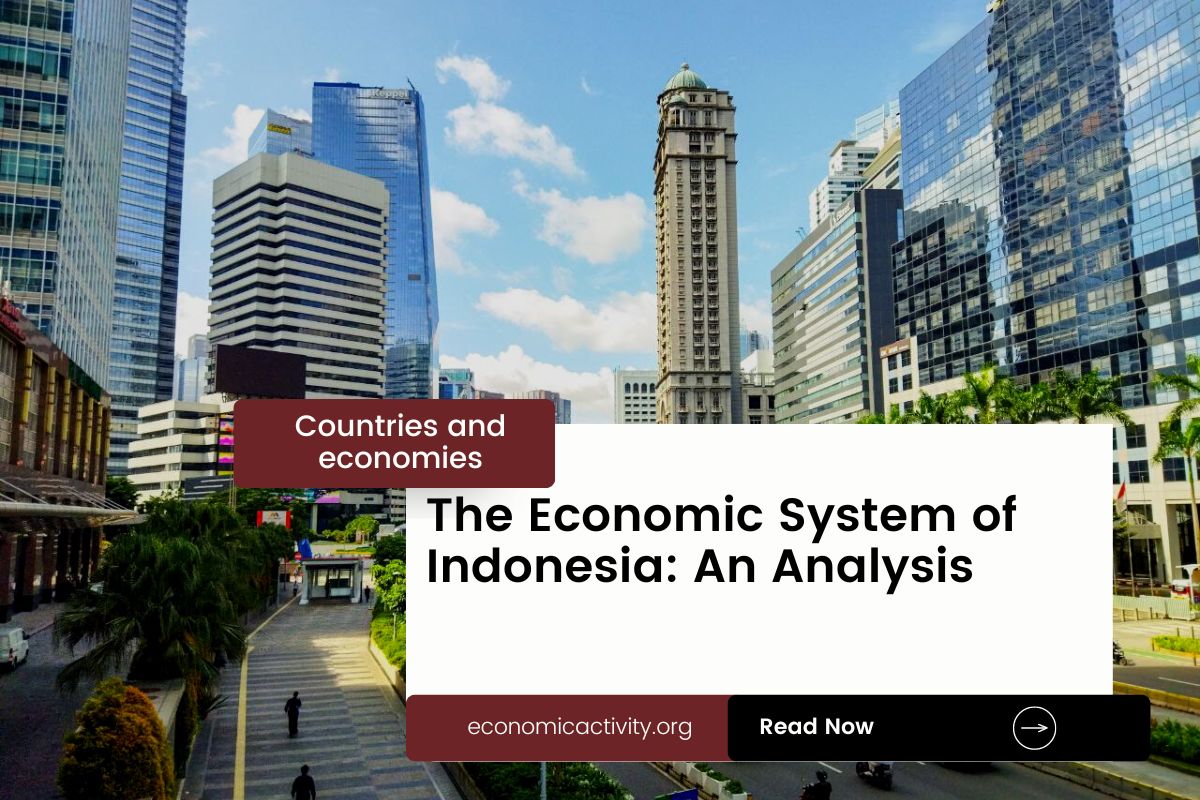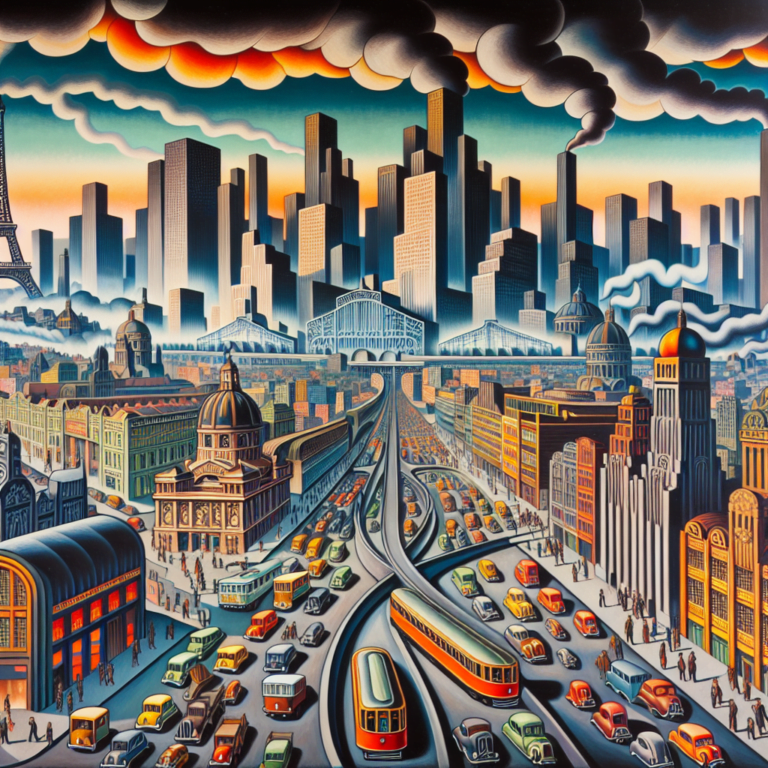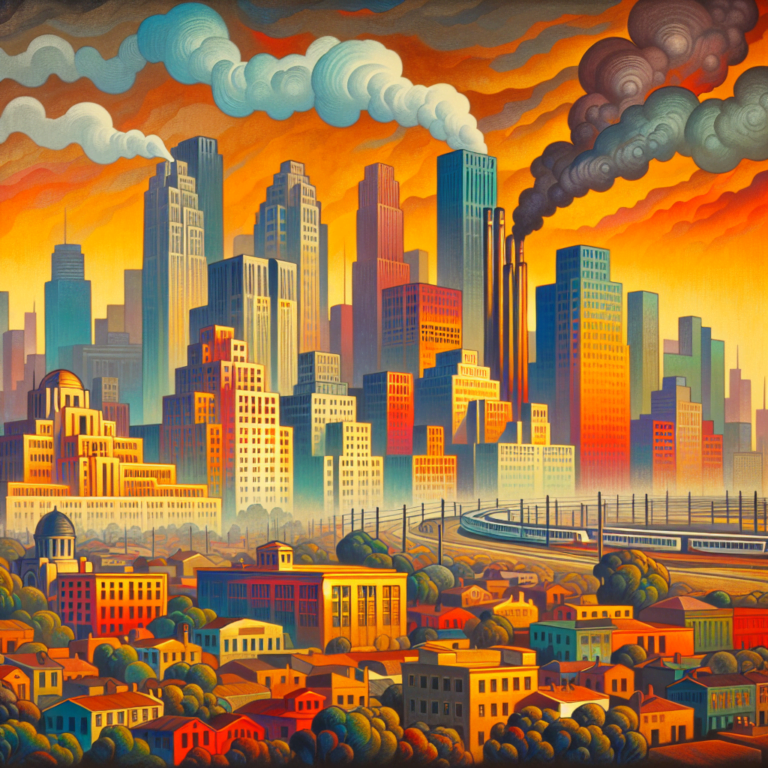What is the economic system of Indonesia? The economy of Indonesia is based on a mixed economy. The country’s economic system combines elements of a market economy and a planned economy.
In Indonesia, the economy is composed of a private sector, consisting of individuals and businesses that make autonomous decisions based on self-interest, and a public sector, where the state determines the production and distribution of certain goods and services. No country is purely capitalist or purely communist.
What do the freedom indexes tell about the economic system of Indonesia?
Now, to determine if a country is primarily a market economy or a planned economy, it is useful to examine some economic indexes. For instance, according to the 2022 Index of Economic Freedom, which measures the ability of every human to control his labor and property, Indonesia is ranked 63rd globally and 10th in Asia-Pacific indicating that the country has a moderately free economy.
Similarly, the 2022 Freedom House index evaluates the state of political rights and civil liberties globally. Generally, market economies tend to align more with democracy and freedom, while command economies tend to be characterized by greater state control and fewer democratic and civil liberty protections. Indonesia gets a score of 59/100, which qualifies it as Partly Free.
Indonesia is considered to have a government that does not control what people do, and people can make their own economic decisions, but it is only considered an electoral democracy, lacking full liberal democratic protections.
The Link Between Public Sector Employment and the Economic System of Indonesia
An indicator of the extent to which the State is involved in the economy is the number of public sector employees. In Indonesia, according to ILOSTAT, the number of public sector employees as a percentage of the total workforce is 9.5% (2019). In the country’s mixed economy, the number of public sector employees as a percentage of the total workforce varies based on the specific policies and practices adopted by the State.
Some economic activities are left to the private sector while others are under government control. The bigger the public sector the closer the economy is to be a command economy.
What does the biggest company in Indonesia say about the country’s economic system
The biggest company in Indonesia should also be looked at, as well as whether it is a state-owned or private company. In this case, Bank Central Asia, also known as BCA, is a private bank in Indonesia. The ownership of BCA is largely through a variety of shareholders, with the majority of shares being held by the Hartono family. As a publicly traded company, its shares are also owned by institutional investors, retail investors, and other individuals.
More: Biggest companies by revenue in Indonesia
The historical factors that have influenced the economic system of Indonesia
The mixed economy system of Indonesia in the last century was caused by a combination of factors, including the country’s colonial history, its post-independence economic policies, and the global economic environment.
Colonial rule left Indonesia with a legacy of unequal access to resources and a lack of economic development, while post-independence policies focused on import substitution and state-led industrialization.
The global economic environment has also played a role, with the country’s economy becoming increasingly integrated into the global economy.





Leave a Reply